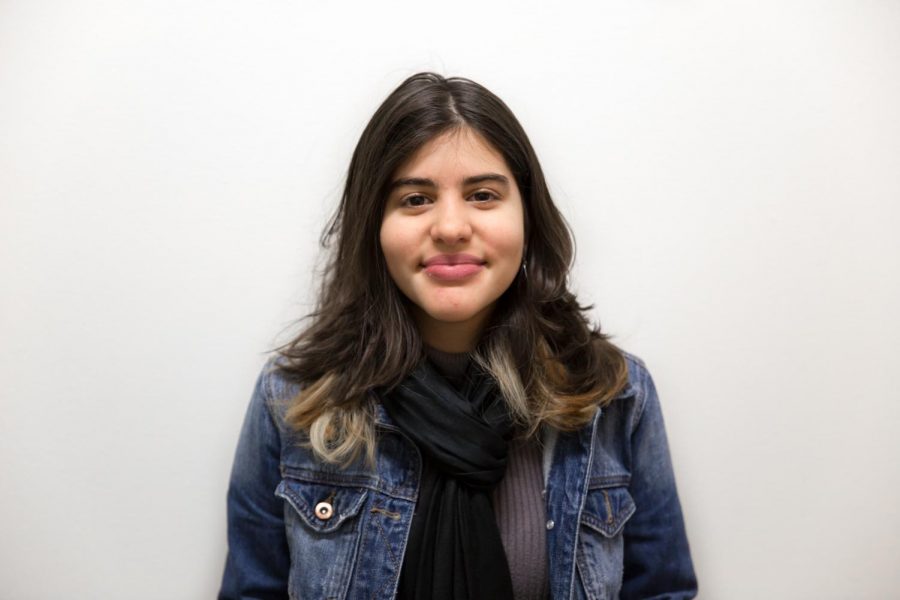A Puerto Rican Perspective on Coming to NYU
A member of NYU’s Hurricane Maria Assistance Program writes about the educational hindrances in Puerto Rico and how NYU has provided relief.
February 5, 2018
Speaking Spanglish in one of the dining halls, sitting next to you in class or walking by you with a GPS app pulled up on their phones, eyes searching: new Boricuas are here at NYU. When Hurricane Maria struck Puerto Rico, it severely damaged the island’s universities and left students in a state of desperation. However, out of the disaster came an opportunity when NYU announced the Hurricane Maria Assistance Program, a semester-long scholarship for a select number of students. Thanks to the program, this spring semester, NYU has received an influx of more than 56 visiting Puerto Rican students ready to take on New York City, and I am one of them.
On Sept. 20, I was in Washington D.C. as part of the Córdova and Fernós Congressional Internship Program, a program funded by the Puerto Rican legislature to promote relationships between the two governments. On Sept. 19, I called my mom and promised to talk the next day. I would never have imagined that all communications systems would crumble and that I wouldn’t hear her voice for over a week, after Hurricane Maria hit on Sept. 20. With communications, electricity and water systems non-operational, the island blacked out and was unreachable. Most of the universities remained closed until Oct. 31. I was lucky because the electricity arrived at my house a day before I returned to the island from D.C. People lit fireworks in the neighborhood when they saw the light bulbs turn on because they had been without power for 78 days. Others were not so fortunate. Many students in NYU’s Hurricane Maria Assistance Program still don’t have power back home and had to face the difficulties of submitting an online application without access to electricity or the internet.
Even before the hurricane, our pursuit of higher education was a struggle. Last spring, Puerto Rico’s Fiscal Control Board decided that it would cut more than half of The University of Puerto Rico’s budget. Students from the 11 campuses met in an assembly, and the majority decided to hold a strike that lasted 54 days. When the strike ended, students continued their semester until mid-July and started school again in August. Then, in September, Hurricane Maria hit the island. Libraries were flooded, classrooms were destroyed and paths were blocked. As a result of these challenges, students were delayed in their schoolwork. Many of my friends back home are still finishing their finals and their fall 2017 semester, and the scholarship recipients at NYU are balancing their schoolwork here with finishing their courses back home.
The emotional and physical stress that these students have been through is enormous. They have been showered with rainwater, they have picked up bits of their home, they have traveled hours to make a call and they have seen political officials, for whom they had no power to vote for, decide how much help they would receive. However, they and I have felt the kindness and support of the NYU administration since our feet touched campus, and for that, we are grateful.
Opinions expressed on the editorial pages are not necessarily those of WSN, and our publication of opinions is not an endorsement of them.
A version of this appeared in the Monday, February 5 print edition. Email Ignangeli Salinas-Muñiz at [email protected].

























































































































































Nathalie • Feb 22, 2018 at 1:02 pm
I can find no better words to describe our situation. Thank you for being a voice to those who have veeb silenced by the weight of maintaining the weight of their academic responsibilities along with the struggle to fulfill our basic needs. We miss you over here but you are doing so much for us over there; it is a necessary evil, for us to part, but for good reason.